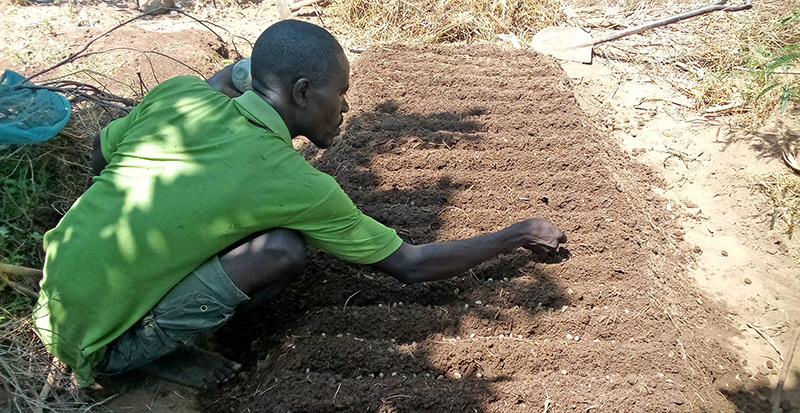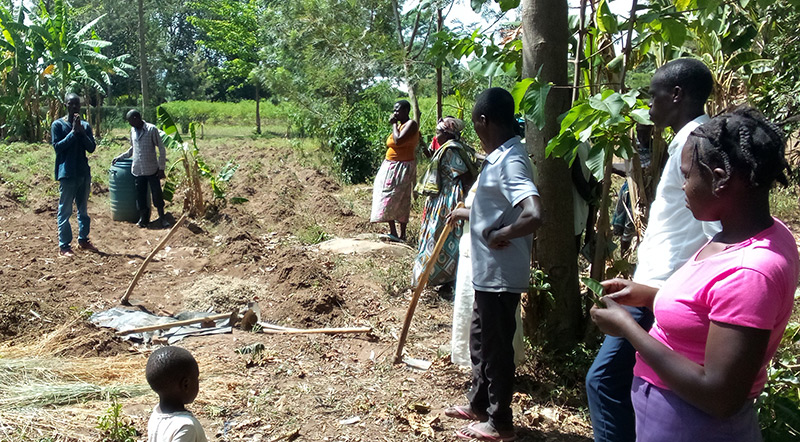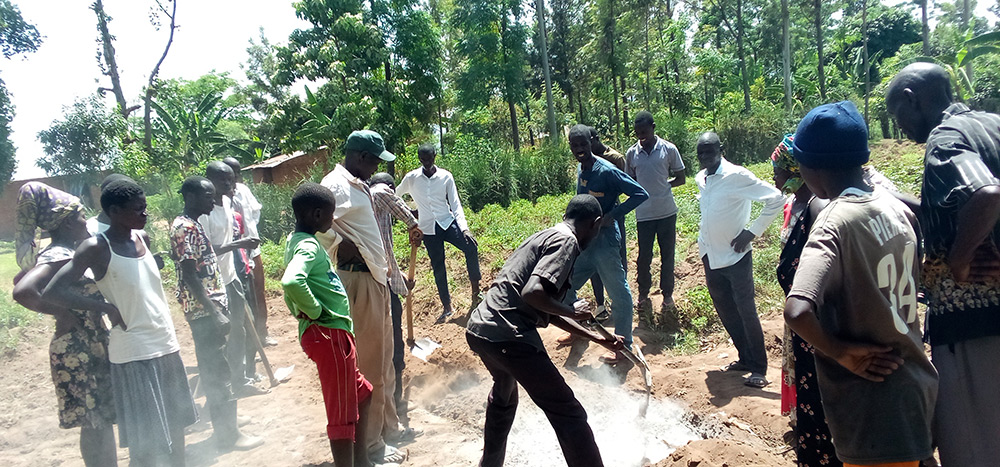Climate and Environmental Justice
Land and Environmental Rights Watch Africa is mandated to intervene in the above-cited contextual challenges, through the following programmatic objectives:
LERWA recognizes that climate change and environmental degradation, which are often caused by multinational corporations and other powerful actors, disproportionately affects marginalized and vulnerable populations including indigenous people, low-income communities, women, children and youth who often have limited access to resources and political power to protect their rights and interests.
The organization seeks to address these inequities by promoting policies and practices that priotise the interests of these communities and by giving them a voice in decision making processes related to the environment. This includes ensuring that communities have access to information, resources and technologies that can help them adapt to the impacts of climate change and environmental degradation, as well as promoting sustainable development practices that can mitigate the effects of these issues.
To achieve this, LERWA uses various approaches. One approach is to engage in advocacy and lobbying efforts to influence policy and decision-making processes at the local, national and international levels. This involves working with governments, civil society organisations, and other stakeholders to promote policies that priotize the interests of communities affected by climate change and environmental degradation.
Another approach is to build the capacity of communities to participate in decision-making processes and to advocate for their rights. This is done through the establishment of neighborhood or citizen assemblies within the communities. Neighborhood / Citizen Assemblies are powerful tools for empowering communities to fight for climate and environmental justice. These assemblies provide a platform for community members to come together, share their experiences and collectively advocate for their rights and interests. They provide a space for community members to learn about the impacts of climate change and environmental degradation on their communities. Through educational workshops and discussions, community members gain better understanding of the issues and the ways in which they are being affected. In addition, the assemblies help build the capacity of communities to participate in decision-making processes related to climate and environmental issues. By providing training and support on issues such as advocacy, policy analysis, and media engagement, community members become more effective advocates for their rights and interests. The assemblies further promote community-led solutions to climate and environmental issues. By bringing together community members with diverse perspectives and experiences, these assemblies facilitate the development of innovative solutions that are tailored to the specific needs of the community. They are also powerful tools for holding powerful actors accountable for their actions. By documenting and reporting cases of environmental and human rights abuses, and by advocating for policy change, community members challenge the actions of multinational corporations and other powerful actors that are contributing to climate change and environmental degradation.
Finally, LERWA also engages in research and documentation of cases of environmental and human rights abuses. This involves documenting cases of environmental degradation and human rights abuses, and using this information to advocate for policy change and to hold powerful actors accountable for their actions.




